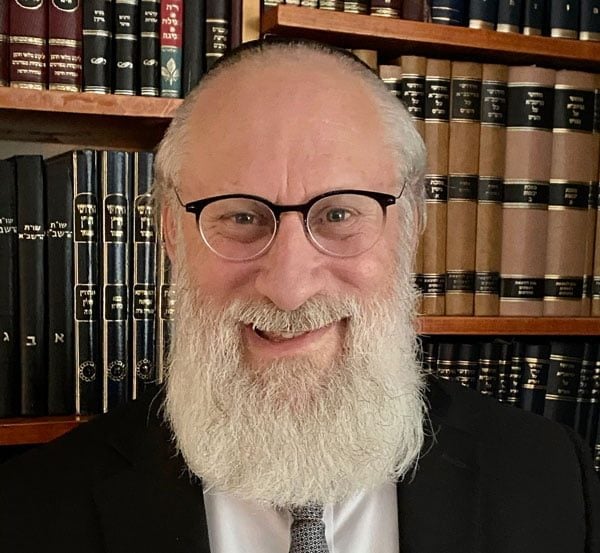Ask the Rabbi: Atheism in the Afterlife. By Rabbi Yerachmiel D. Fried

Ask the Rabbi: Atheism in the Afterlife. By Rabbi Yerachmiel D. Fried
Dear Rabbi Fried,
I have read that Maimonides says that there is no place in the afterlife for an atheist. One Rabbi explained the idea that is not a punishment so much as a cause and effect. The Jewish view of the world to come is basking in the relationship that you developed in this world and if you never developed a relationship it doesn’t exist.
I am wondering how this is fair, if someone never had the opportunity to learn with a rabbi or exposure to a Jewish day school, that their soul would just be cut off? Do we say that God judges them on what they would have done had they had exposure to Judaism? Or, do we say that knowledge of God is something that any rational person could discover on their own if they gave it any amount of time and thought, and even if they have little to no exposure it’s still up to them to try and discover the purpose of life and slowly make their way back to Torah? I’d love your answer on this as it has been bothering me.
Thanks,
Aaron K.
Dear Aaron,
This is a very complicated question for a number of reasons. Firstly, it is clear from many Torah and rabbinical sources that each individual is to be judged on how he or she fulfilled their potential in his or her unique set of circumstances. There are two types of judgement, one called “din”, or exact judgement based upon what it says in the book, and “cheshbon”, which is based upon what is written in your book, the book of each individual based on the unique situation they exist in; the distinctive hand of cards they are dealt.
Maimonides, in his “Laws of Repentance” (3:6), writes that if one mistakenly arrives at the conclusion that G-d has physical form his in the category of a “min”, one of those who lose their portion in the next world. This seems to be the case even if the person arrived at this erroneous conclusion not out of malice or rebellion; rather based on a shallow understanding of the verses which talk about G-d in physical terms. The classical supra commentary to Maimonides, the Ra’avad, takes strong issue with this ruling of Maimonides, and claims that if one made an honest mistake, even with regards to one of the 13 basic tenets of our belief system, that person is not in the category of a “min” and doesn’t lose their connection to the next world. This opinion is upheld by the classical work of Jewish philosophy, “Sefer Ha’ikarim” (Mamar 1, Ch. 2).
Maimonides, however, seems to hold that, although the mistake was an honest one, the merit of the next world depends upon one’s connection to G-d, which is contingent upon the belief in the 13 basic principles. However unfortunate, if one doesn’t believe in G-d or the next world, they have taken themselves “out of the game”. This is not a punishment per se, rather is missing the foundation of what it takes to merit that connection.
Maimonides himself, however, seems to espouse a different view, as he writes in a different section of his work concerning the Saducees “…the children of these mistaken ones and their grandchildren who were born and raised upon their mistakes, they are in the category of ‘tinok shenishba’…and are as one forced into those beliefs, (and are not held responsible), because they were raised with this mistake…Therefore it is fitting to return them to teshuva and to pull them with ropes of love and words of peace until they return to the fold of Torah”. (Rambam, “Yad”, Laws of mamarimM 3:3). This would seem to contradict the earlier statement of Maimonides, which implied that even if one makes an honest mistake they are missing the foundation.
This apparent contradiction is reconciled by my friend and colleague R’ Mordechai Becher. If one’s blasphemous mistake is due to an outside cause beyond his or her control, they are not held responsible for that mistake. If, however, the person arrives at the blasphemous believe through their own independent thought process that is different. Since certain beliefs, like that of the existence of G-d, are considered to be self-evident, Maimonides considers one who refutes this to be out of a subconscious desire to live life without needing to answer to one’s conscience. (R’ Becher, Avosos Ahava pp. 56).
[As we mentioned, this is the opinion of Maimonides, and others disagree; it is for a separate discussion if the others would disagree even with regards to atheism, it is likely there would be no dispute about that particular mistake].
We should all study carefully the 13 Principles of Maimonides and understand deeply and fully what are the core, foundational beliefs of Judaism and why. This will truly enrich us as proud, knowledgeable Jews.




